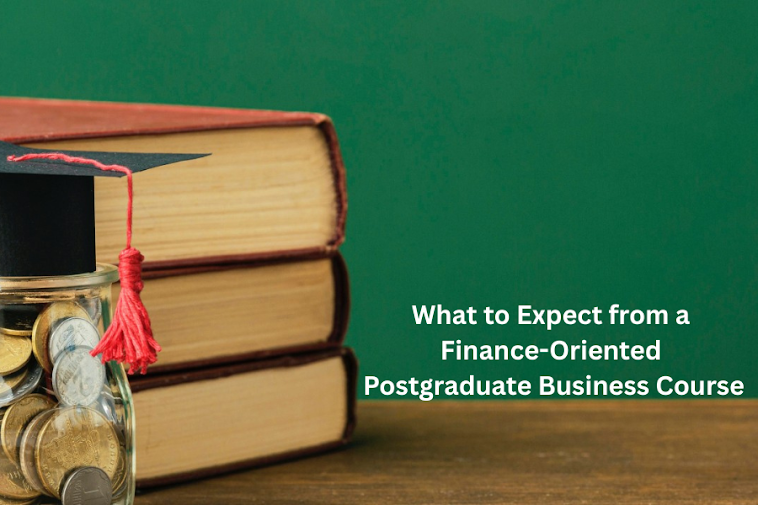Who Should Consider an Executive MBA? A Guide for Mid-Career Professionals
An Executive MBA program is a graduate degree. It is tailor-made for working professionals who wish to enhance their leadership and management skills. Traditional MBA programs draw younger students with fewer work years. EMBA candidates typically possess significant professional experience. The benefits of taking an EMBA are excellent networking opportunities, high-level business know-how, and value for money for career progress. This blog aims to guide mid-career managers through making a decision regarding whether an EMBA is appropriate for their professional aspirations and lives.
Knowledge of the Executive MBA Program
What sets an EMBA apart from an MBA? The structure of the course is kept in view to accommodate working professionals, and hence, weekend programs, online study, and compressed modules allow the students to manage work, life, and study simultaneously. The course of study is typically structured to include key areas. Electives also provide the best dual specialisation in MBA. They allow the students to tailor their learning to their profession. Executive MBAs are usually between 1 and 2 years in duration. They have flexible delivery options tailored to the needs of the mid-career professional.
Reasons to Get an Executive MBA
There are several valid reasons to get an EMBA. Professional development is usually the number one incentive for most. Graduates usually get promotions and salary increases and can significantly expand their professional network. They become connected to peers and business leaders. An EMBA also promotes skills building. Learners gain complex business skills and decision-making capabilities. They are necessary to drive leadership. Personally, an EMBA is capable of raising self-confidence. It nurtures the spirit of a lifelong learner. This is fundamental to continuing competitiveness in the current fast-changing workplace.
Assessing Your EMBA Preparation
Prior to entering an EMBA program, future candidates should examine themselves. Some key questions are: What are your career goals? What are the areas where you are lacking in skills? It is also worth considering work-life balance. Can you handle the program's workload along with your other personal commitments? Then, of course, there is financial readiness as part of attending an EMB, which involves tuition and lost time from standard full-time employment.
Alternatives to an Executive MBA
For those who are not yet prepared for an EMBA, there are a number of alternatives. Short courses, certificates, or specialised training programs can develop a specific set of skills without the commitment of a full program. Furthermore, on-the-job experience may, at times, impart valuable lessons as potent as formal education.
Conclusion
An Executive MBA is a worthwhile investment. It is for those in mid-career looking to advance their careers. Prospects can make an informed decision regarding this changing experience. You can evaluate personal objectives and possible substitutes. If interested, try looking into the best MBA colleges in Pune for finance, visiting information sessions, or speaking with alumni to better understand fit. Your path to executive success could very well start with an EMBA.




Comments
Post a Comment